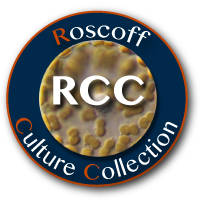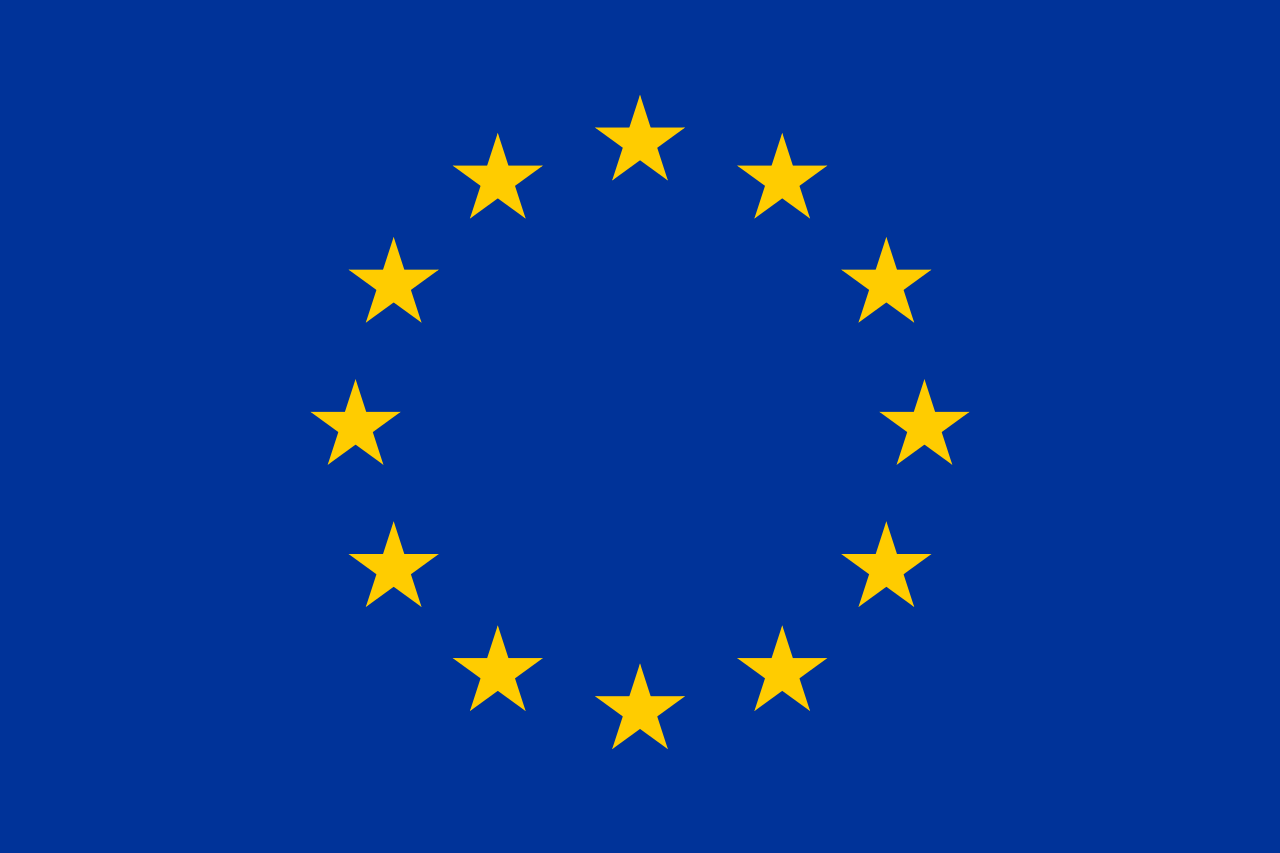| Title | Artificial Substrates Coupled with qPCR (AS-qPCR) Assay for the Detection of the Toxic Benthopelagic Dinoflagellate Vulcanodinium rugosum |
| Publication Type | Journal Article |
| Year of Publication | 2023 |
| Authors | Bouquet A, Felix C, Masseret E, Reymond C, Abadie E, Laabir M, Rolland JLuc |
| Journal | Toxins |
| Volume | 15 |
| Pagination | 217 |
| Date Published | mar |
| ISSN | 2072-6651 |
| Keywords | artificial substrate, benthopelagic, detection, PCR, RCC6328, RCC6338, RCC6344, RCC6548, RCC6550, toxins, \textitVulcanodinium rugosum |
| Abstract | Vulcanodinium rugosum is an emerging benthopelagic neuro-toxic dinoflagellate species responsible for seasonal Pinnatoxins and Portimines contaminations of shellfish and marine animals. This species is challenging to detect in the environment, as it is present in low abundance and difficult to be identified using light microscopy. In this work, we developed a method using artificial substrates coupled with qPCR (AS-qPCR) to detect V. rugosum in a marine environment. This sensitive, specific and easy-to-standardize alternative to current techniques does not require specialized expertise in taxonomy. After determining the limits and specificity of the qPCR, we searched for the presence of V. rugosum in four French Mediterranean lagoons using artificial substrates collected every two weeks for one year. The AS-qPCR method revealed its occurrences in summer 2021 in every studied lagoon and detected cells in more samples than light microscopy. As V. rugosum development induces shellfish contamination even at low microalga densities, the AS-qPCR method is accurate and relevant for monitoring V. rugosum in a marine environment. |
| URL | https://www.mdpi.com/2072-6651/15/3/217 |
| DOI | 10.3390/toxins15030217 |






